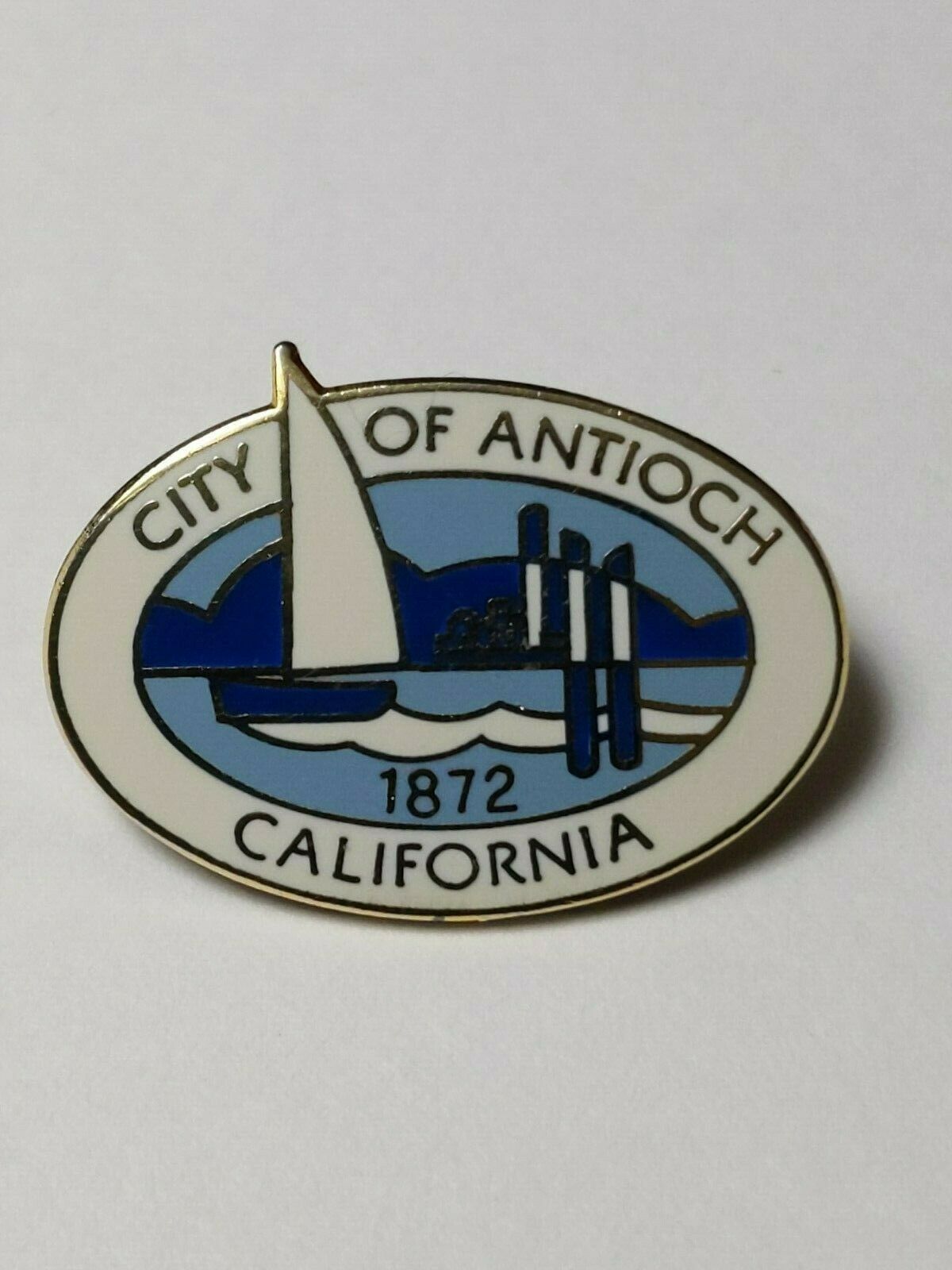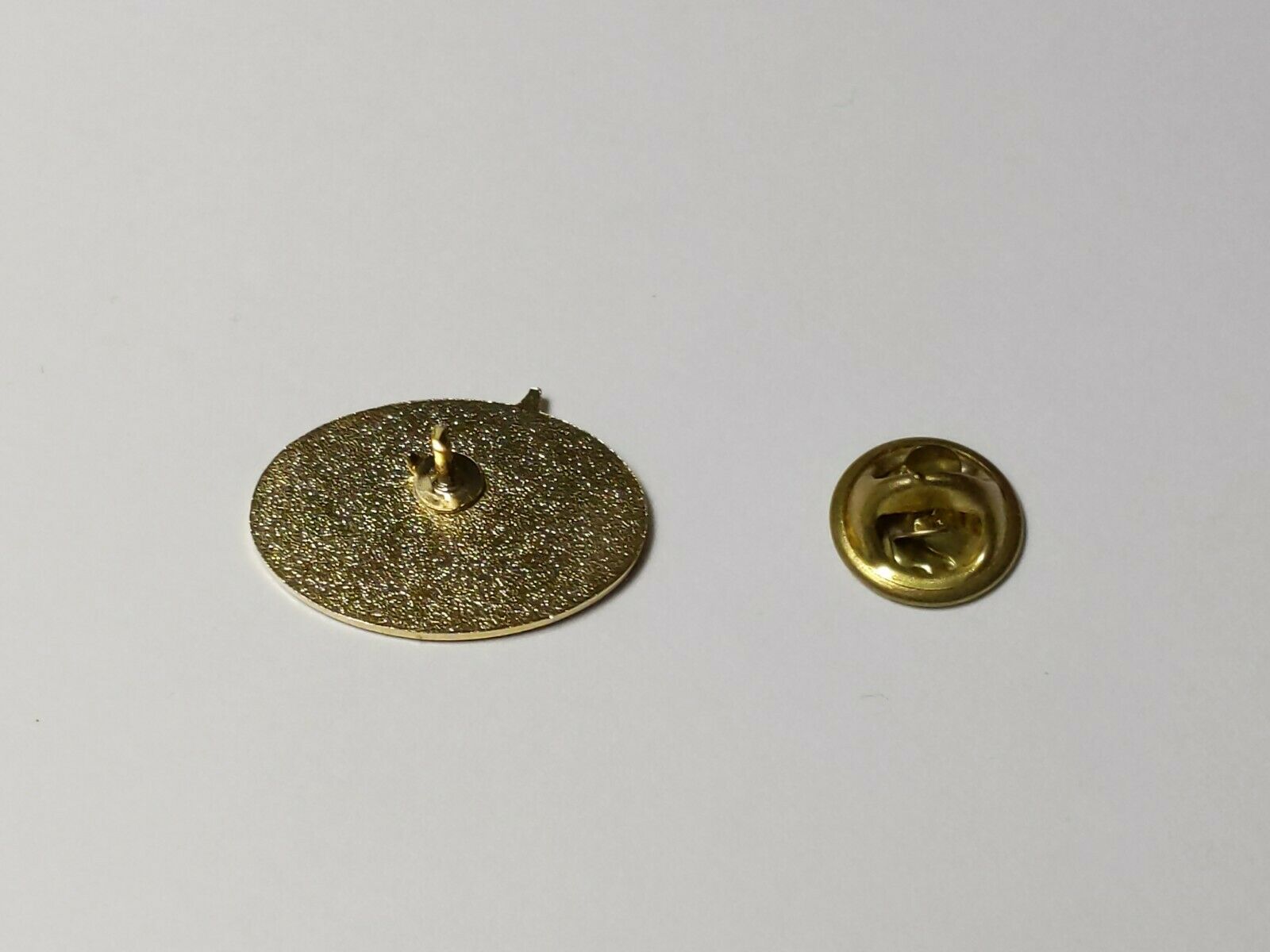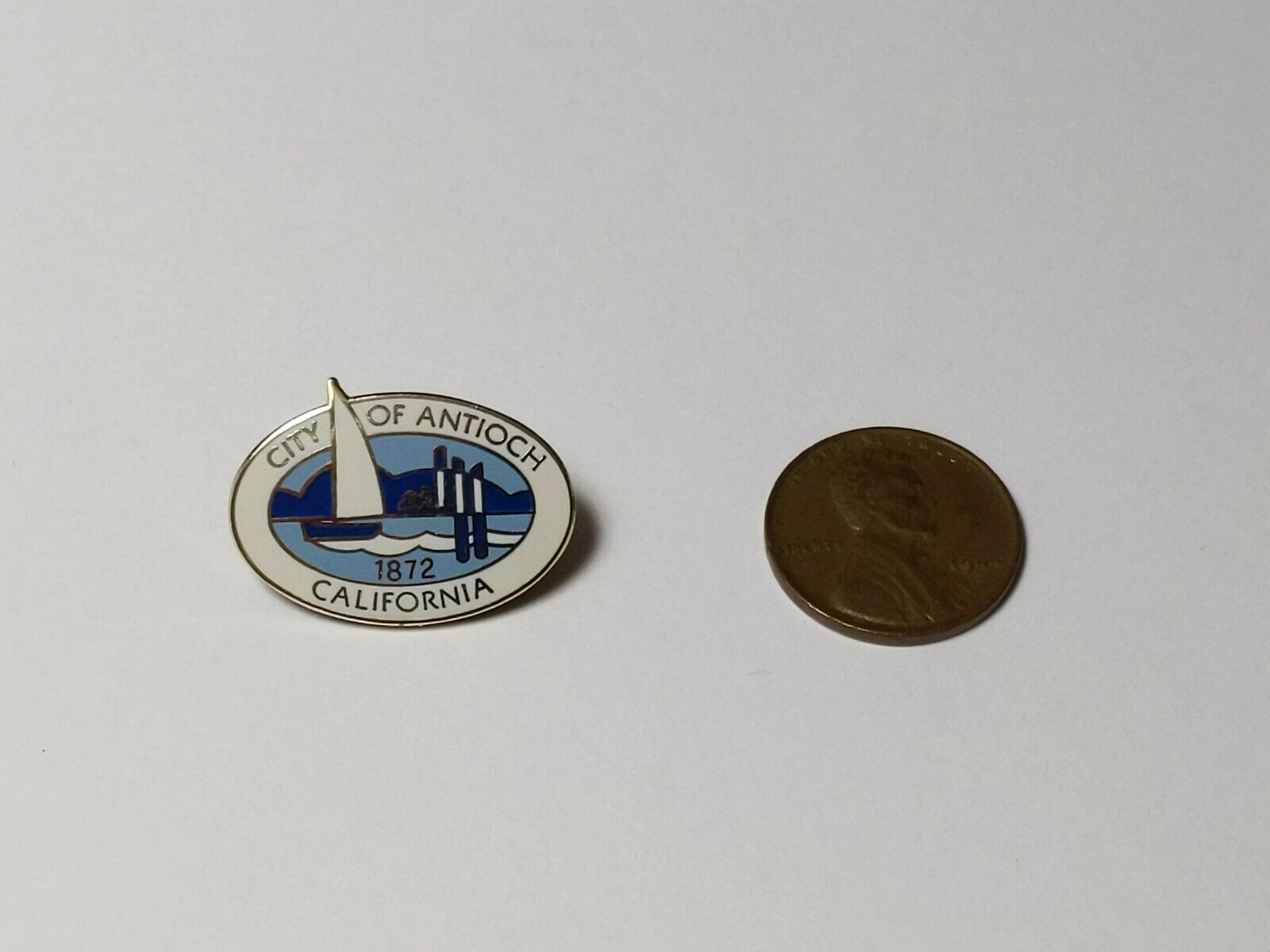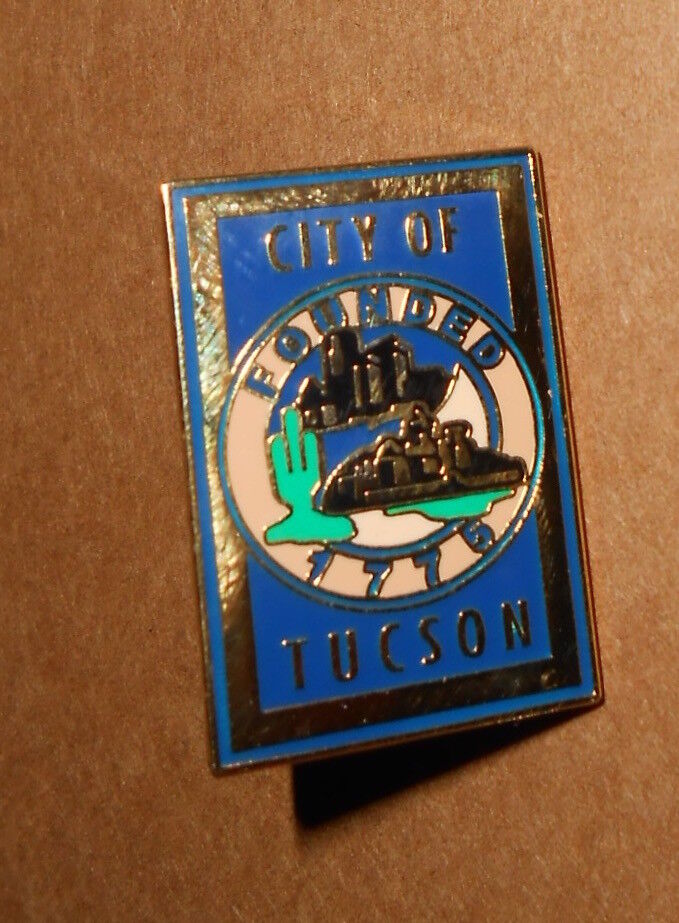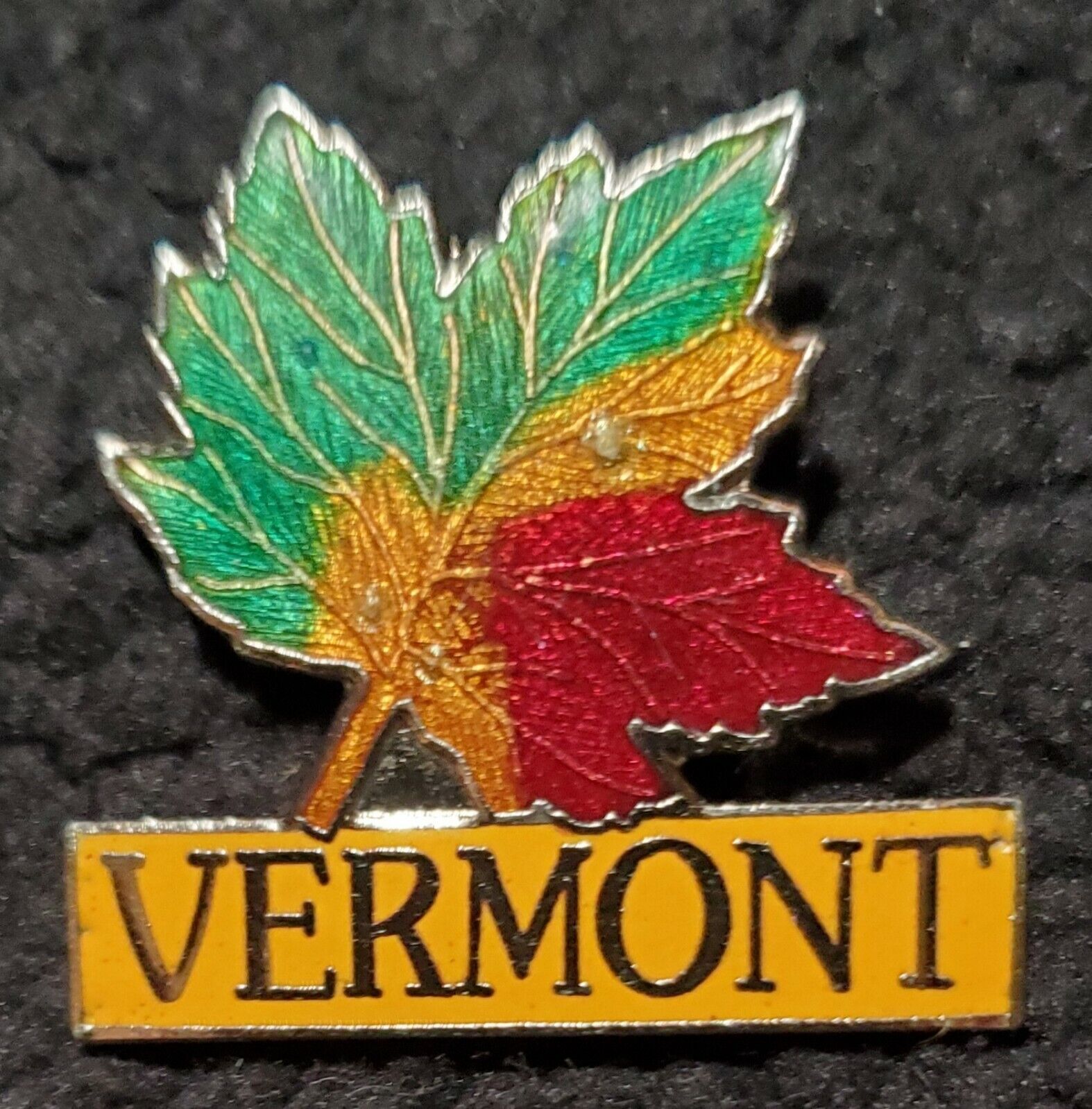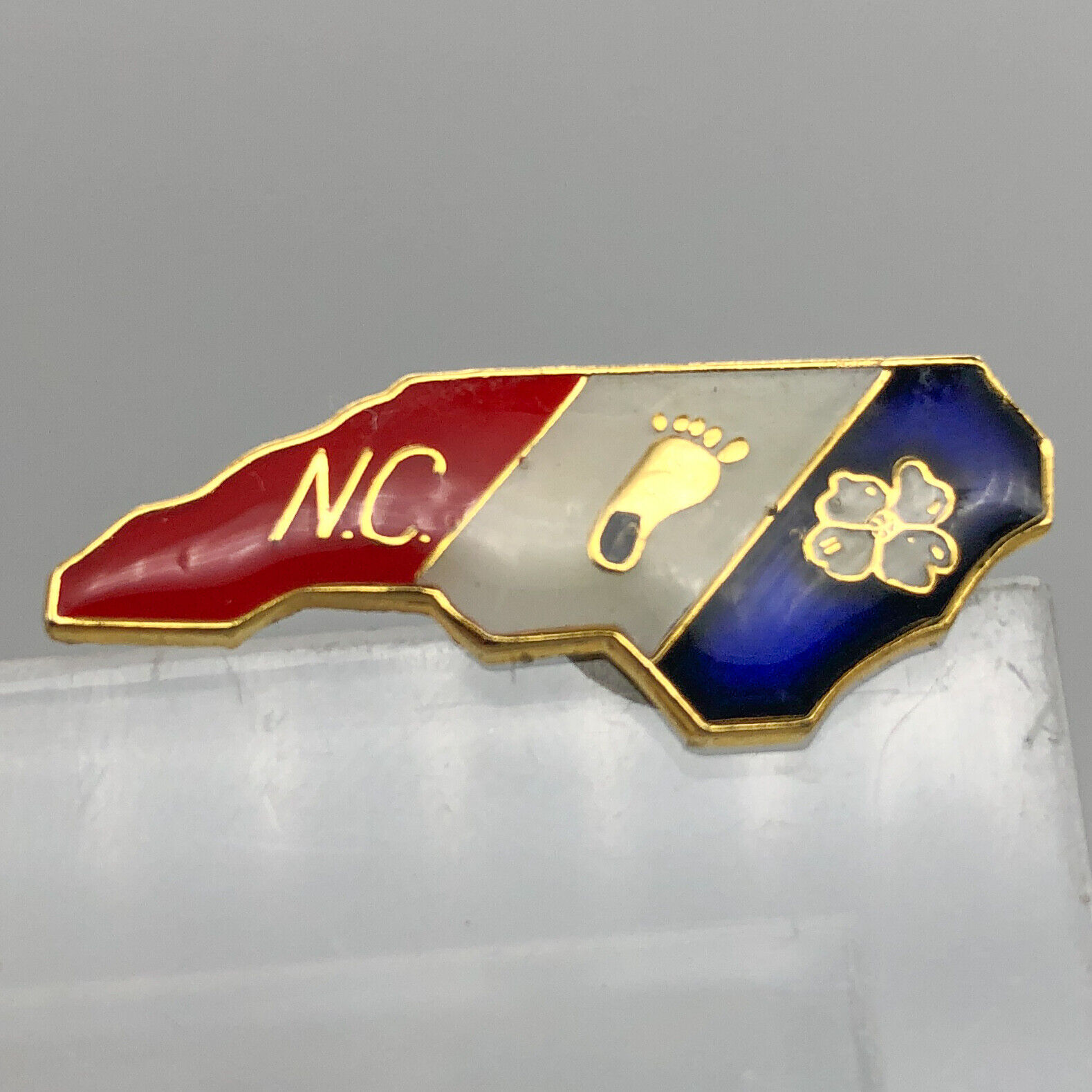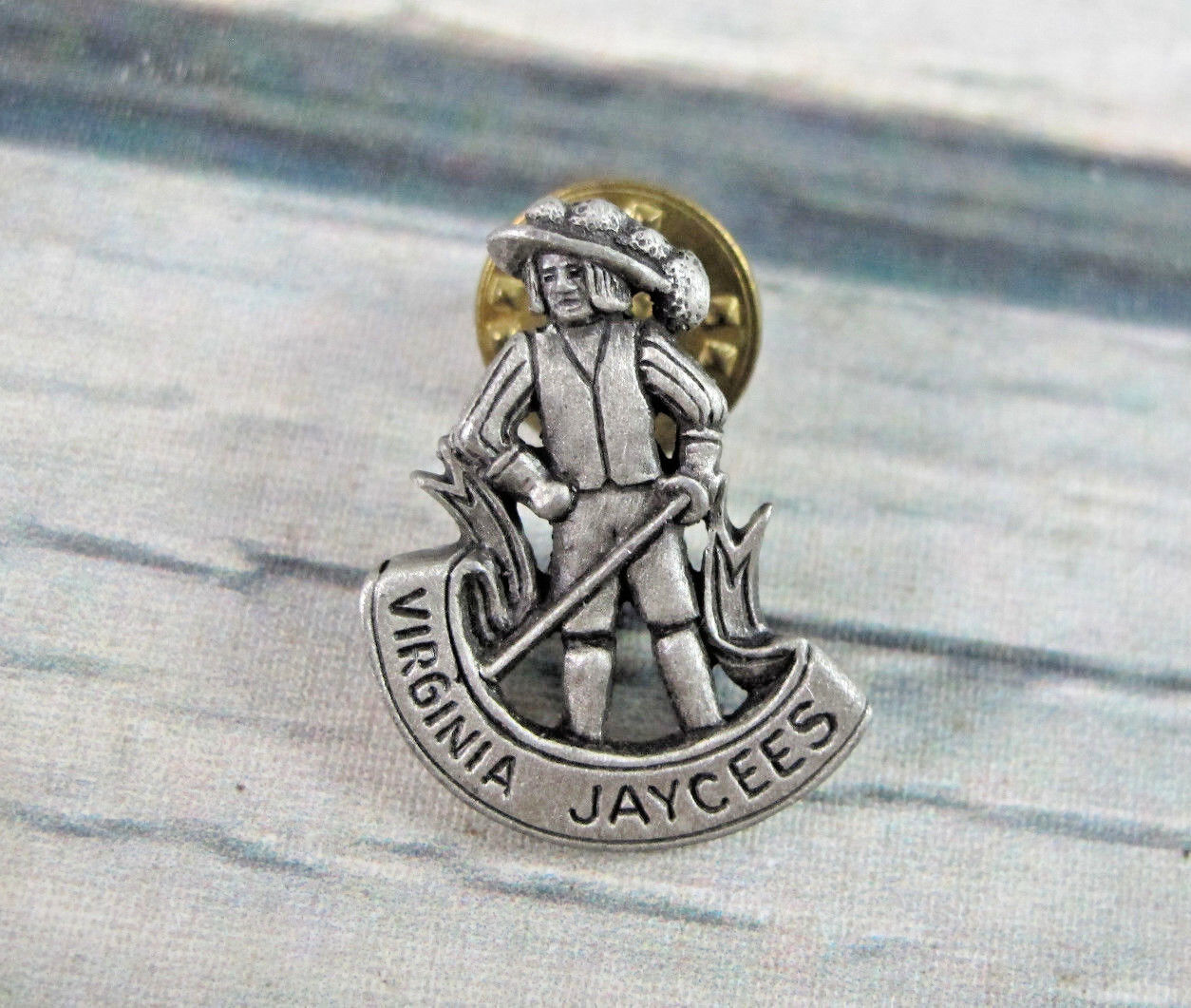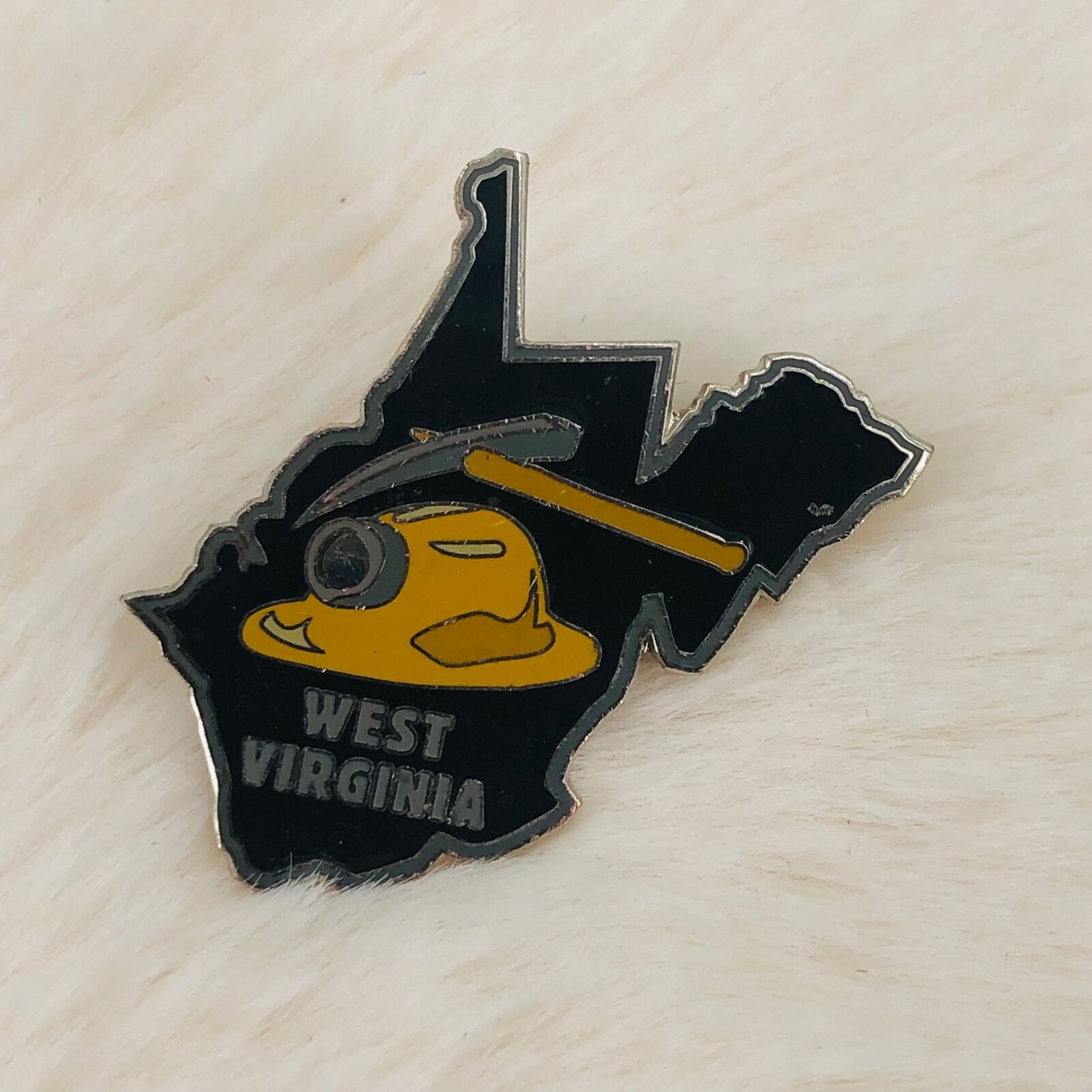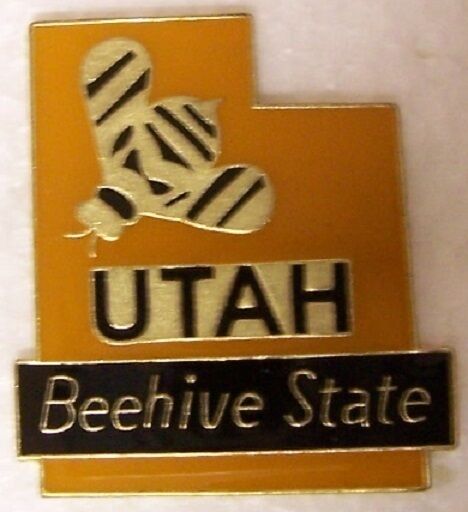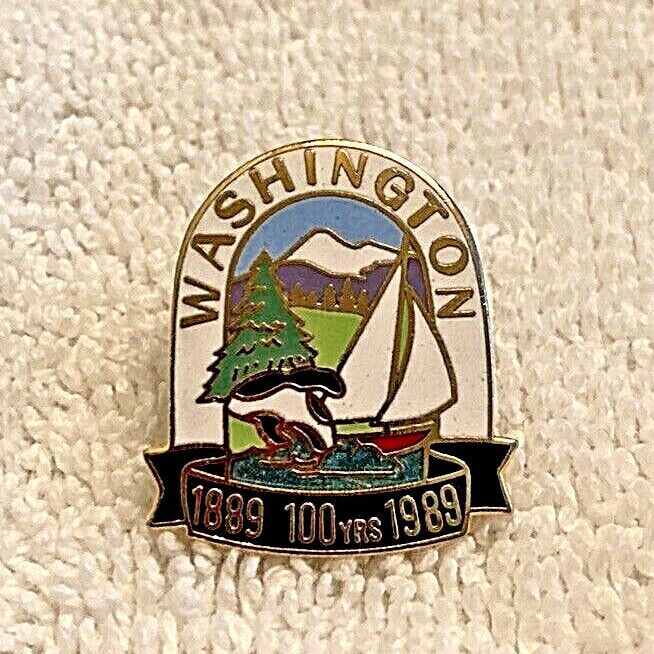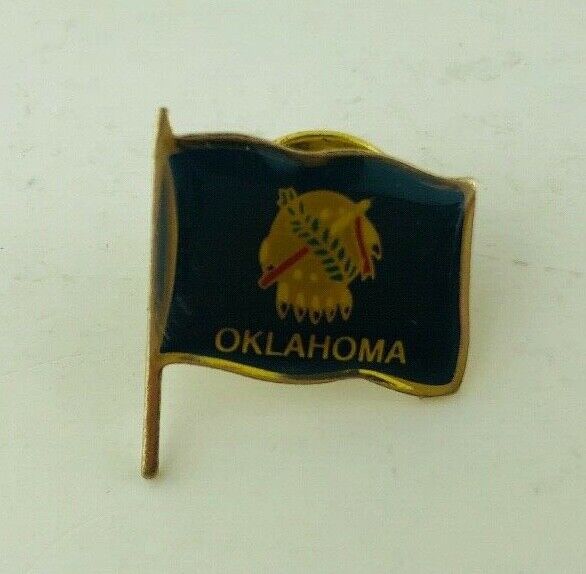-40%
City of Antioch Lapel Pin
$ 18.47
- Description
- Size Guide
Description
Condition: New without packagingAntioch is one of the oldest towns in California. In 1848, John Marsh, owner of Rancho Los Meganos, one of the largest ranches in California, built a landing on the San Joaquin River in what is now Antioch. It became known as Marsh's Landing, and was the shipping point for the 17,000-acre rancho.
Antioch History
1849–1999
Antioch is one of the oldest towns in California. In 1848, John Marsh, owner of Rancho Los Meganos, one of the largest ranches in California, built a landing on the San Joaquin River in what is now Antioch. It became known as Marsh's Landing, and was the shipping point for the 17,000-acre rancho. It included a pier extending well out into the river, enabling vessels drawing 15 feet of water to tie up there at any season of the year. The landing also included a slaughterhouse, smokehouse for curing hams, rodeo grounds, and even a 1½-story dwelling, embellished with fretwork, that was brought around the Horn to serve as a home for the mayordomo (manager) and his wife.
In 1849, twin brothers, Rev. William Wiggins Smith and Rev. Joseph Horton Smith, sailed from Boston, purchased land from John Marsh and founded a town slightly west of Marsh's Landing, and named it Smith's Landing. During the town picnic on July 4, 1851, William, the town's new minister persuaded the residents to change the name of the town to Antioch, for the biblical city of Antioch "inasmuch as the first settlers were disciples of Christ, and one of them had died and was buried on the land, that it be given a Bible name in his honor, and suggested 'Antioch' (a Syrian town where two important rivers meet and where the followers of Christ were first called Christians), and by united acclamation it was so christened."
Around 1859, coal was discovered in several places in the hills south of Antioch and coal mining formed the first substantial business apart from farming and dairying by the inhabitants of this community. This new industry resulted in the founding of the towns of Nortonville, Somersville, Stewartville, and Black Diamond (now Pittsburg), and added greatly to the economic activity of the Antioch area. The Empire Coal Company was formed by John C. Rouse and George Hawxhurst in 1876, which built a railroad that passed from Antioch toward the mines over what is now "F Street" (formerly Kimball Street). However, later on, both the mine and the railroad passed into the hands of the Belshaw brothers. The mines have long ago ceased operation, and the railroad tracks have been dug up, though the building that served as the Antioch terminus of the railroad still stands on the corner of F Street and Fourth Street, and the grading and trestles still remain much as they were in those early days.
In 1863, a great excitement arose over the discovery of copper ore near Antioch. Smelting works were built at Antioch, and fifteen to twenty-five dollars per ton was paid for the ore. Later the copper bubble eventually burst, to the dismay of the citizens. Petroleum was first drilled for near Antioch in 1865, but not enough oil was found to make a decent profit.
The Antioch Post Office was opened in 1851, closed in 1852, re-opened in 1855, closed again in 1862, and it has operated continuously since re-opening in 1863. The city of Antioch was incorporated in 1872.
The Antioch Ledger was first issued on March 10, 1870. In memory of when the paper was formed, a copy of its first issue has been framed and hangs over the desk of the present editor. The sole news item is a report with editorial comment on a women's suffrage meeting that had just been held in the town. The Ledger later merged with the Contra Costa Times and printed its last issue in 2005.
Today, Antioch is mainly a "bedroom" community, with most adults working in larger cities toward Oakland and San Francisco. The town has grown in the last 30 years, as the population of the Bay Area continues to grow, and real estate prices force families to move towards the outskirts of the Bay Area.
2000s
In January 2001 the Antioch Press was established by publisher and former Antioch Mayor Pro Tem and Councilman Allen Payton; he sold it in 2005 to the Brentwood Press and Publishing Company. Between 2001 and 2008, Gateway Generating Station was constructed in northern Antioch; the 530MW combined-cycle natural gas-fired power station, owned and operated by Pacific Gas & Electric, began providing power to customers in January 2009.
2010s
The city was attempting in 2012 to annex an adjacent 678-acre area of unincorporated land, which includes a GenOn Energy 760-megawatt power plant, to include the plant within city limits. In October 2010, Allen Payton returned to the news business and established the Antioch Herald, first online, then in May 2011 he began publishing a monthly print edition.
